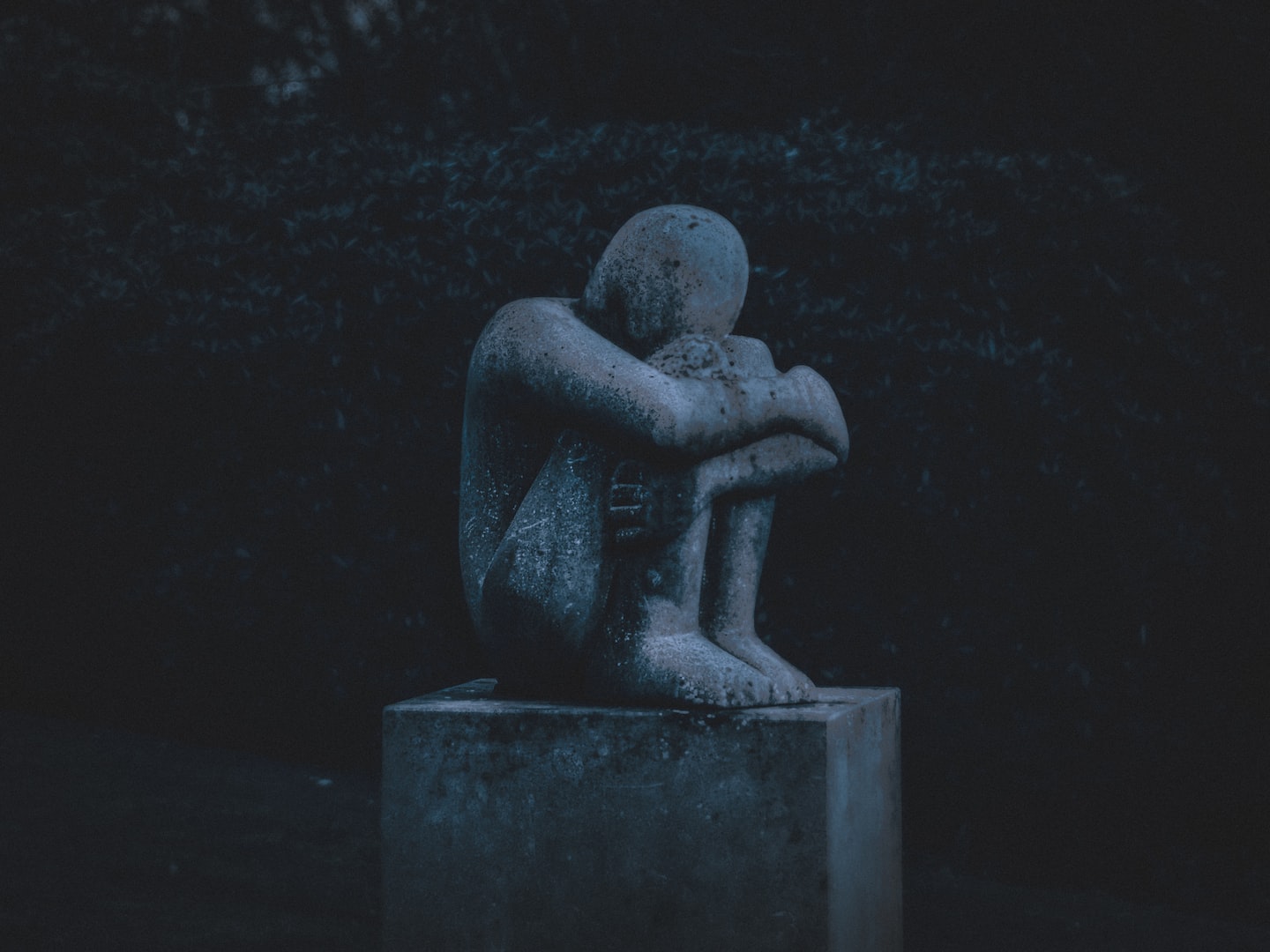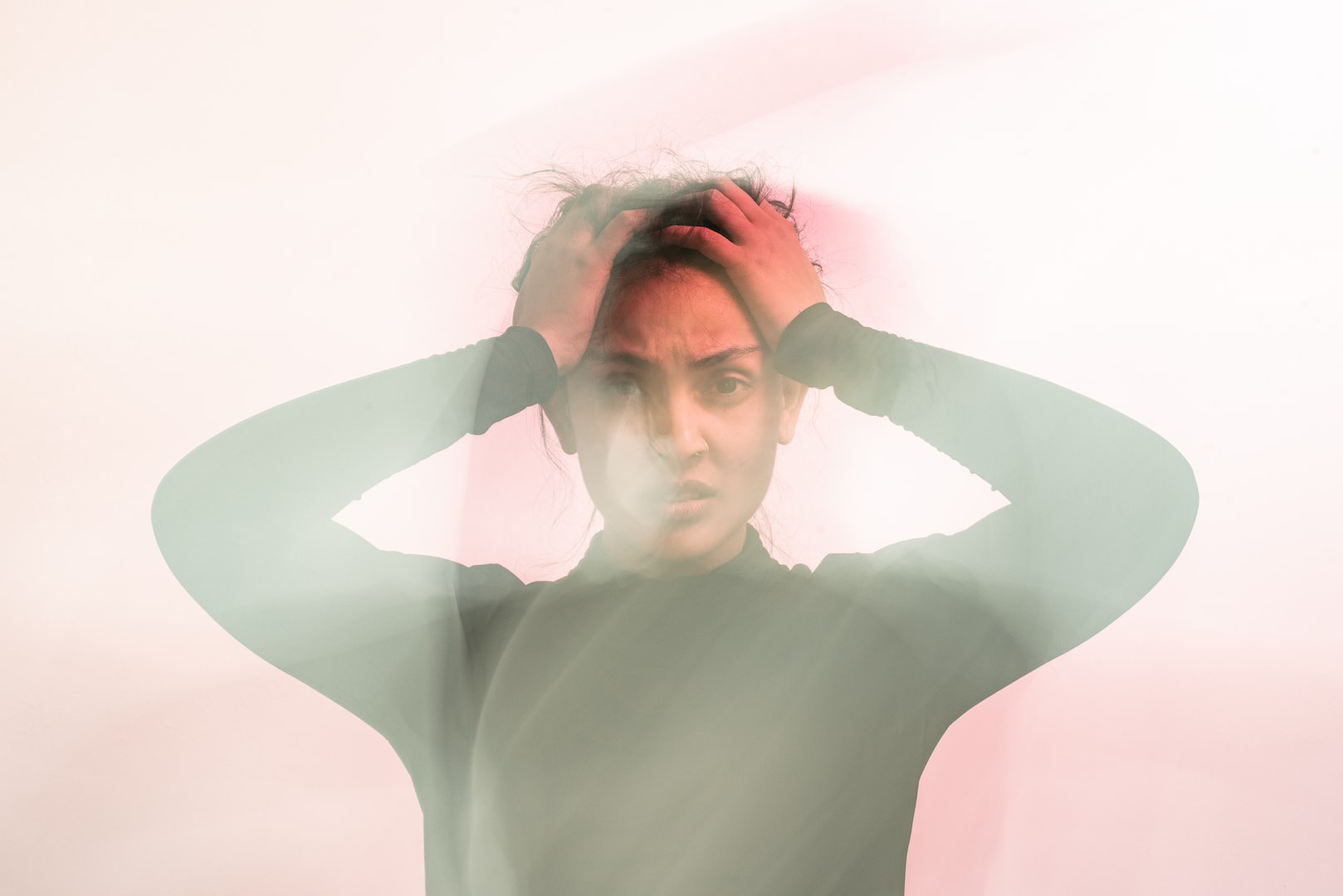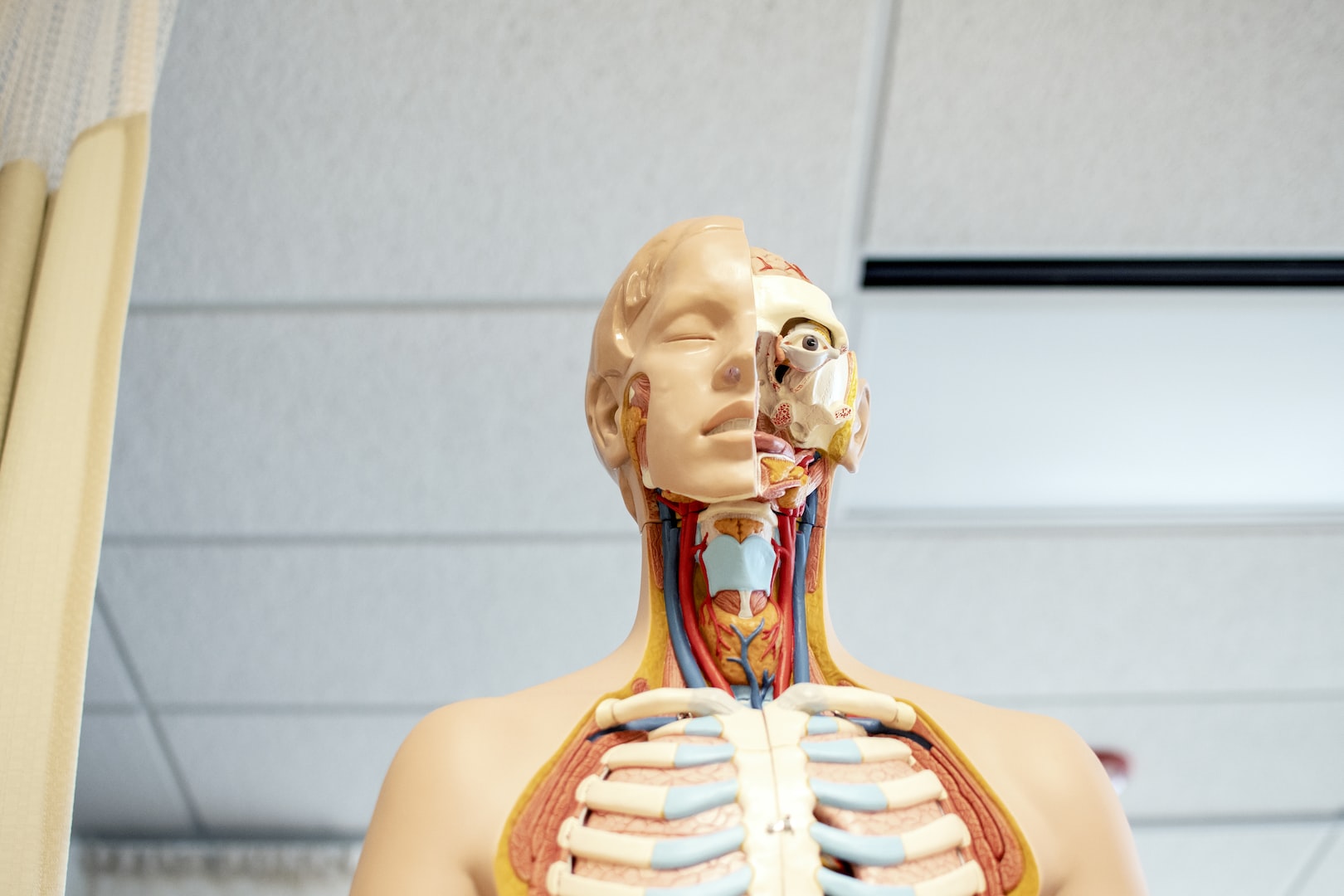

Depression symptoms
Unfortunately, many people with depression still suffer in silence, perhaps because they don't recognize the symptoms of depression or because they can't afford medical treatment.
While the list is quite comprehensive, there may be symptoms that you feel are not listed, that doesn't mean you are sicker or suffering from something else, we are all biologically different in many ways and some people just react differently. during a depression.
In depression, mood swings are verified by the severity and permanence of the symptoms. It is often associated with anxiety or panic attacks.
The following list of depression symptoms includes the most common ones reported by people with depression.
Appetite change (lack or excess of appetite)
Sleep disturbances (drowsiness or insomnia)
Fatigue, tiredness and loss of energy feelings of worthlessness
Lack of confidence and self-esteem
Feelings of guilt and feelings of inadequacy
Lack or changes in concentration
Preoccupation with the meaning of life and death
Disinterest, apathy and sadness
Changes in sexual desire Irritability
Manifestation of physical symptoms such as muscle pain, abdominal pain, nausea.
Usually a depressive patient closes the doors to the world and loses all interest in life, ending up isolating himself from everyone around him, even his own family.
Whatever the symptoms, depression is different from the normal sadness you experience on a day-to-day basis, interfering with your ability to work, study, eat, sleep and play.
Feelings of helplessness, hopelessness, and worthlessness are intense and relentless, with little or no relief.
The symptoms can have influences on us, at a psychological, physical and social level, see the detail:

Psychological
Sadness and dismay
Loss of interest
Lack of pleasure
Lack of concentration
Feelings of despair
Lack of motivation
Thoughts about death
Anxiety and worry
Suicidal thoughts

Physicist
Tiredness and lack of energy
Cry
Sleep disturbances digestive problems
Decreased libido
Menstrual cycle changes appetite changes
Unexplained pain and burning
